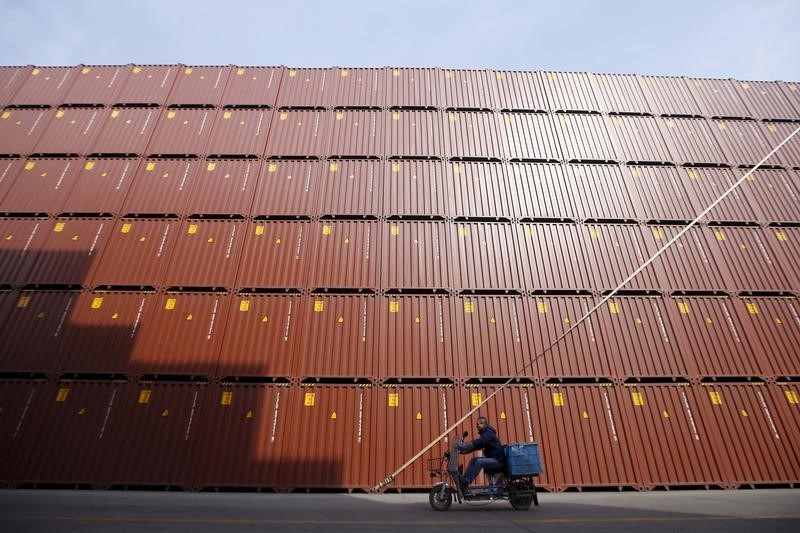Investing.com -- Australia’s trade surplus grew to a nine-month high in March, data showed on Thursday, aided chiefly by a recovery in commodity exports as demand picked up from a two-month lull.
The country logged a trade balance of A$15.27 billion (A$1 = $0.6671) in March, data from the Australian Bureau of Statistics showed. The figure was higher than expectations for a surplus of A$12.65B, as well as February’s reading of A$13.87B.
Australia’s trade balance was also now at its highest level since a record high of A$17.13B hit in June 2022.
Exports from the country rose 4% in March from the prior month, with a rebound in metal and mineral ore shipments serving as the biggest boost to the figure. Iron ore and coal - the country’s biggest exports - jumped around 20% each, while LNG exports rose 7%.
Commodity exports from the country had declined for two straight months, amid weakening demand in its biggest markets, namely China and Japan. But somewhat improving economic conditions in China likely fueled increased commodity demand over the past month.
But commodity exports were still hovering around levels seen in January, given that a post-COVID economic rebound in China now appears to be running out of steam. Manufacturing activity in the country, which is Australia’s largest trading partner, unexpectedly shrank in April, data showed on Thursday.
Australian exports of agricultural goods - namely meat and cereal - also picked up in March, further benefiting the overall trade surplus.
On the other hand, Australian imports rose 2% after a sharp drop in the prior month. Increased buying of capital goods such as machinery and industrial equipment, as well as increased debits from overseas travel were the biggest drivers of the reading.
The improved trade balance shows that Australia’s export-driven economy remains resilient, despite headwinds to local economic growth from higher inflation and rising interest rates.
Strong exports could also give the Reserve Bank of Australia more economic headroom to keep raising interest rates, as the bank continues to move against overheated inflation.
